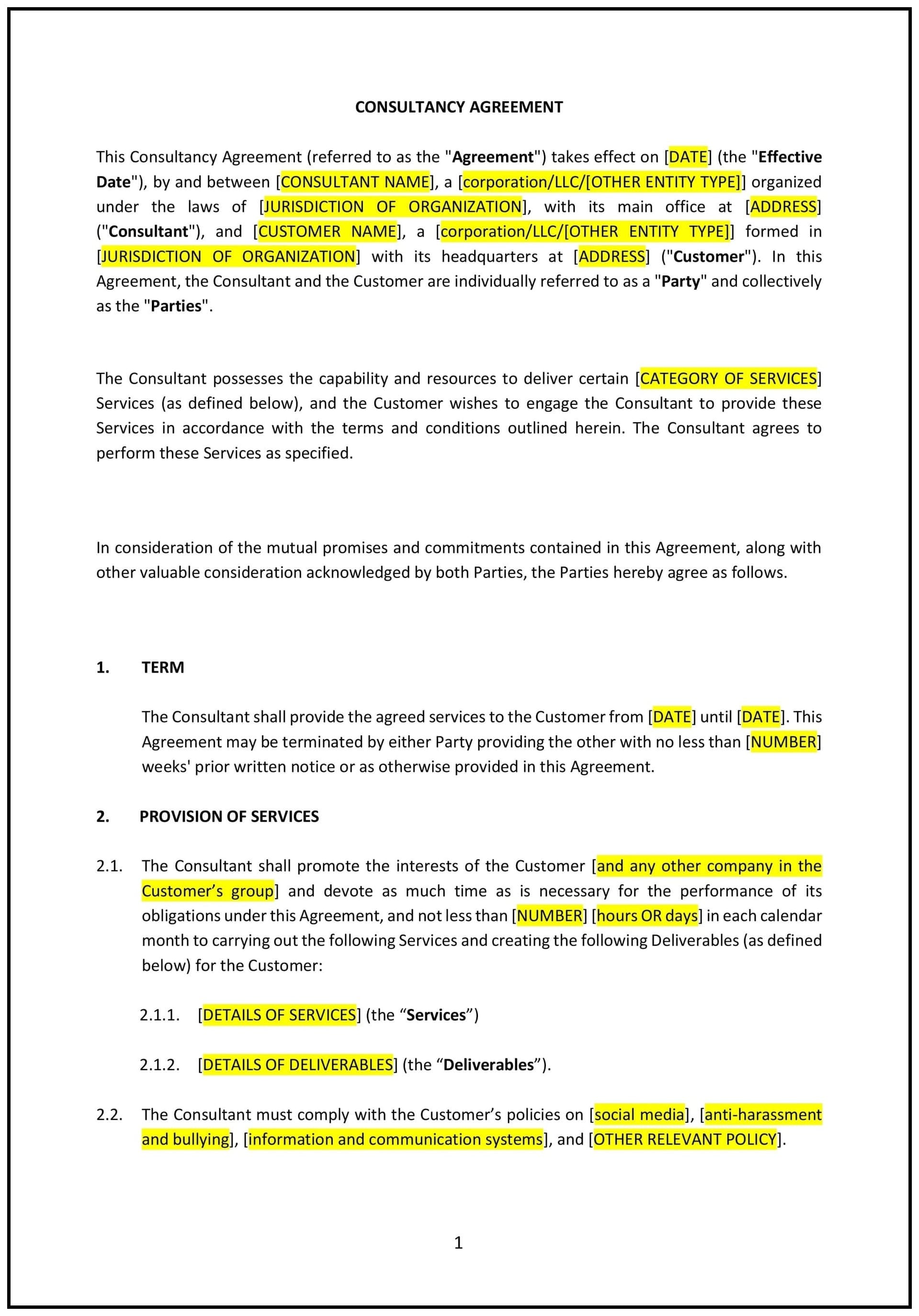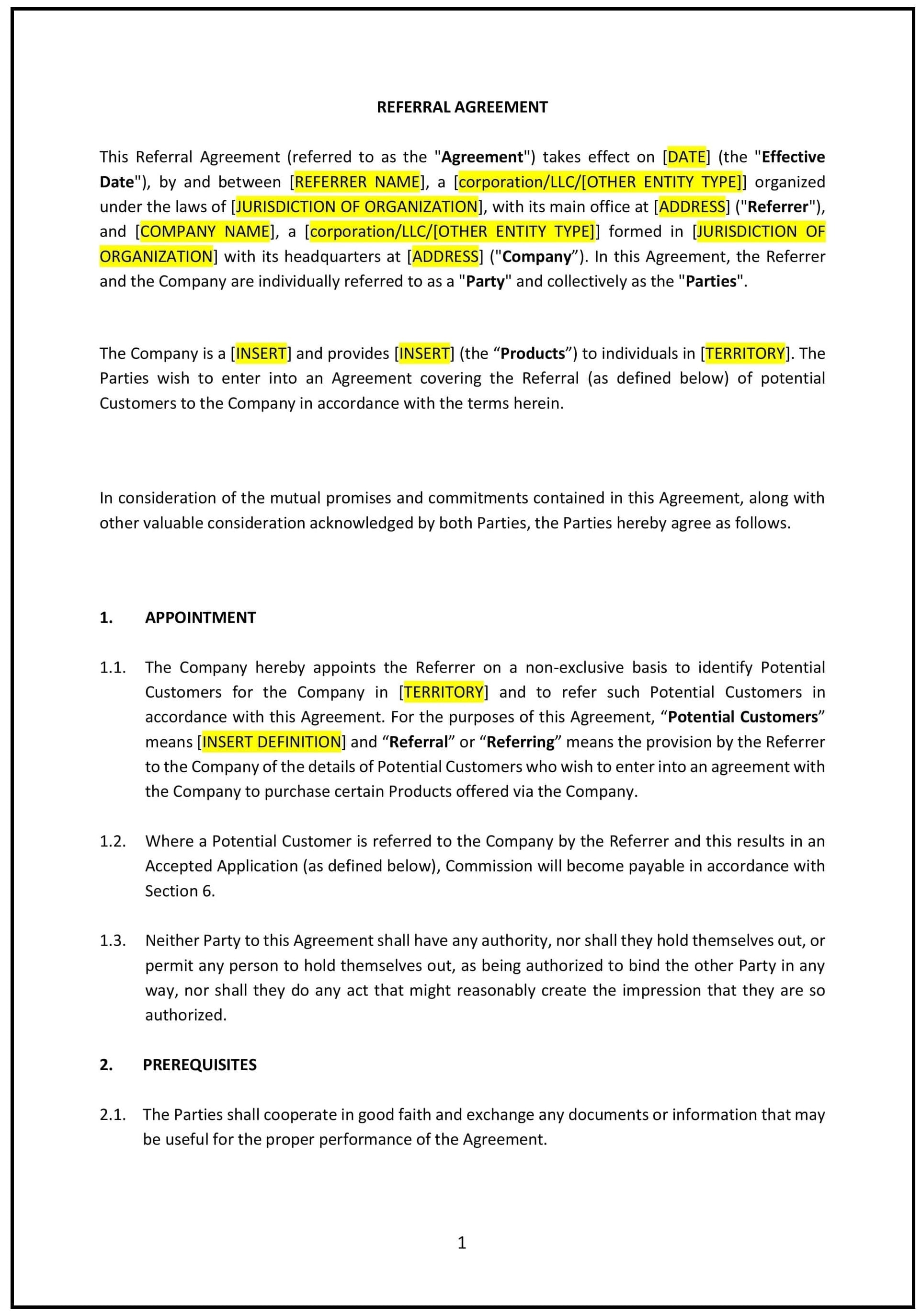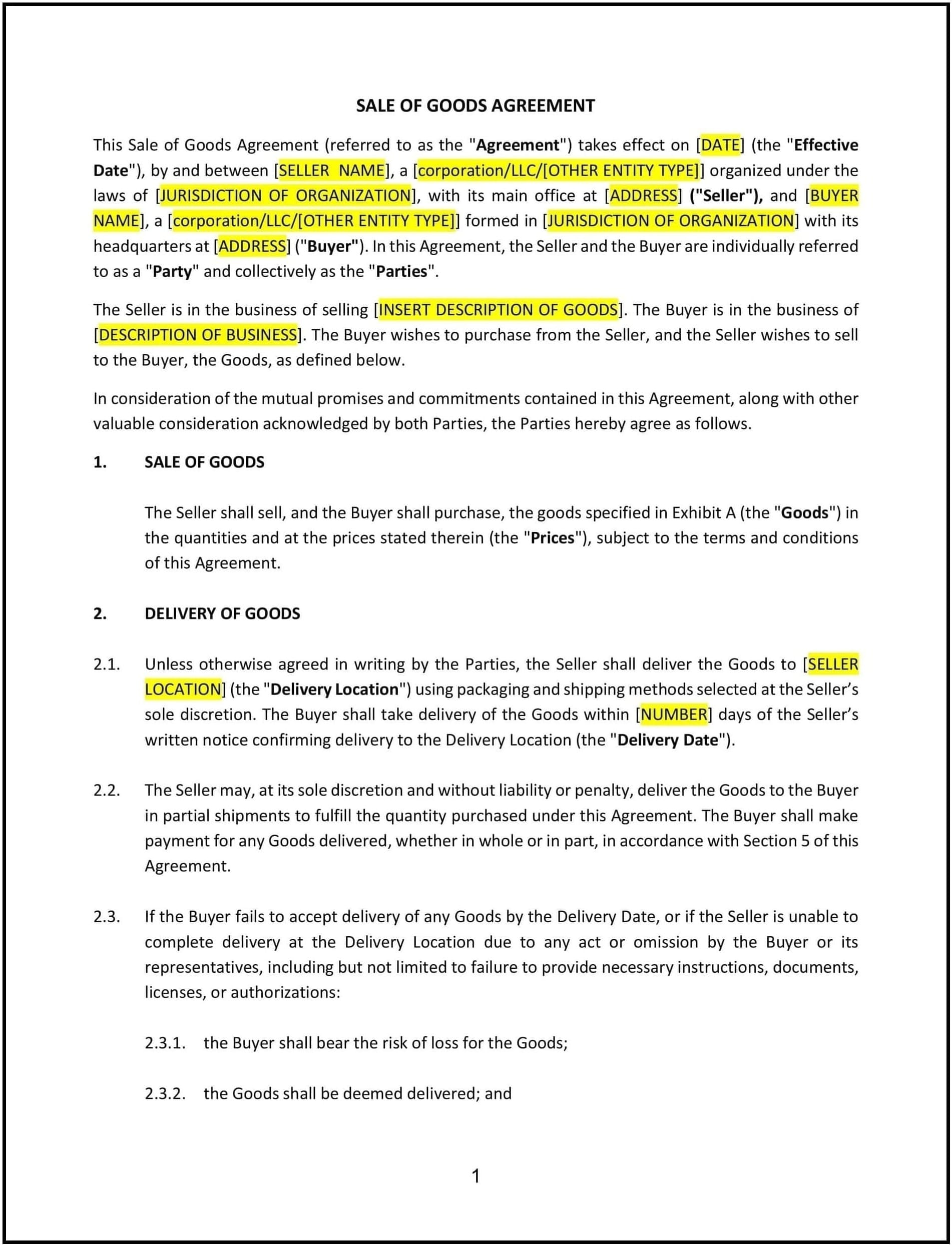Software Development Agreement (Connecticut): Free template
Software Development Agreement (Connecticut)
A Software Development Agreement is a legally binding contract between a client (the "Client") and a software developer or development company (the "Developer") that outlines the terms and conditions for the creation, delivery, and maintenance of custom software. In Connecticut, such agreements are guided by state contract laws, including the Connecticut Uniform Commercial Code (UCC) for transactions involving goods, and common law principles for services. It remains essential for parties to establish clear agreements that address intellectual property rights, payment terms, and project milestones.
For example, a Hartford-based startup might hire a Stamford software development firm to create a mobile application. A well-drafted Software Development Agreement helps clarify deliverables, timelines, and aligns with Connecticut’s legal framework.
Tips for drafting and maintaining a Software Development Agreement in Connecticut
- Define the scope of work: Clearly outline the software to be developed, including features, functionalities, and technical specifications. Include milestones and deadlines to track progress.
- Example: “The Developer agrees to design and develop a mobile application with features including user authentication, payment processing, and push notifications, to be delivered in three phases over six months.”
- Address intellectual property rights: Specify who will own the intellectual property (IP) for the software. Typically, the Client retains ownership, while the Developer may retain rights to pre-existing code or tools used in the project.
- Example: “Upon full payment, the Client will own all intellectual property rights to the custom software. The Developer retains ownership of any pre-existing code or tools incorporated into the project.”
- Establish payment terms: Detail the payment structure, whether fixed-price, hourly, or milestone-based. Include invoicing procedures, due dates, and penalties for late payments.
- Example: “The Client agrees to pay the Developer $50,000, with $10,000 due upon signing, $20,000 upon completion of Phase 1, and the remaining $20,000 upon final delivery.”
- Include acceptance testing provisions: Define how the Client will test and accept the software. Specify criteria for acceptance and procedures for addressing defects or issues.
- Example: “The Client will have 14 days to test the software after delivery. If defects are found, the Developer will have 30 days to resolve them at no additional cost.”
- Set confidentiality obligations: Include a confidentiality clause to protect sensitive information shared during the project, such as trade secrets or proprietary data.
- Example: “Both parties agree to keep all confidential information disclosed during the project confidential for a period of three years after the agreement’s termination.”
- Outline maintenance and support: Specify whether the Developer will provide ongoing maintenance, updates, or technical support after delivery, and include associated costs.
- Example: “The Developer will provide bug fixes and updates for six months post-delivery at no additional cost. Additional support will be billed at $100 per hour.”
- Align with Connecticut-specific laws: Ensure the agreement reflects Connecticut’s contract laws, including the Connecticut UCC for transactions involving goods, and consider any state-specific consumer protection or data privacy regulations.
- Example: “This agreement shall be governed by and construed in accordance with the laws of the State of Connecticut. Both parties agree to comply with all applicable state and federal laws.”
Frequently asked questions (FAQs)
Q: Is a Software Development Agreement enforceable in Connecticut?
A: Yes, as long as the agreement is clear, mutually agreed upon, and follows Connecticut contract laws, it is legally enforceable.
Q: What key elements should a Software Development Agreement include in Connecticut?
A: It should include the scope of work, intellectual property rights, payment terms, acceptance testing procedures, confidentiality obligations, maintenance and support terms, and alignment with Connecticut laws.
Q: Can a Software Development Agreement be terminated early in Connecticut?
A: Yes, if the agreement includes a termination clause, either party can terminate the agreement with reasonable notice. The terms should specify the conditions and procedures for termination.
Q: What industries frequently use Software Development Agreements in Connecticut?
A: Industries such as technology, healthcare, insurance, finance, and education frequently use Software Development Agreements in Connecticut. For example, a New Haven-based insurance company might hire a developer to create a claims management platform.
Q: How can disputes over a Software Development Agreement be resolved in Connecticut?
A: Disputes can often be resolved through negotiation or mediation. If necessary, disputes may be resolved in court or through arbitration, depending on the terms specified in the agreement.
This article contains general legal information and does not contain legal advice. Cobrief is not a law firm or a substitute for an attorney or law firm. The law is complex and changes often. For legal advice, please ask a lawyer.


